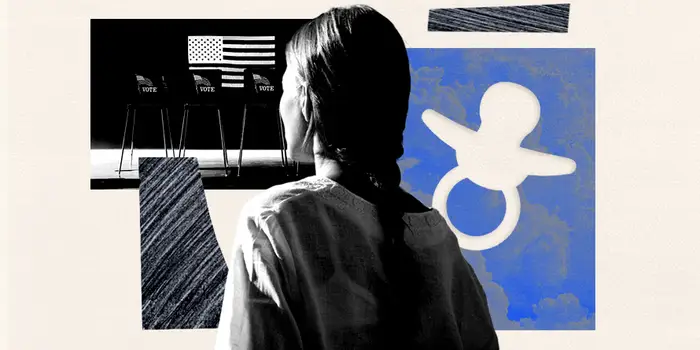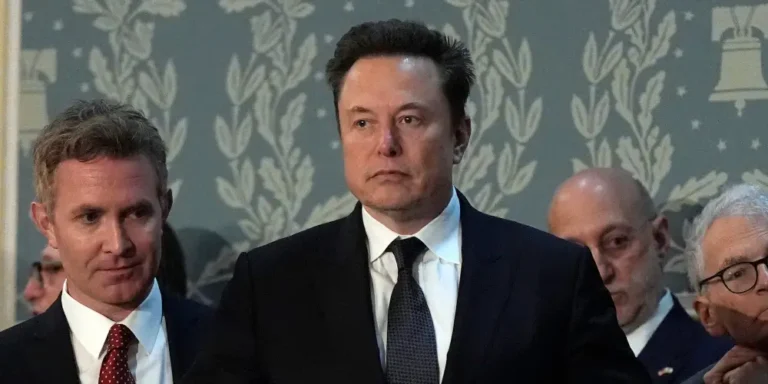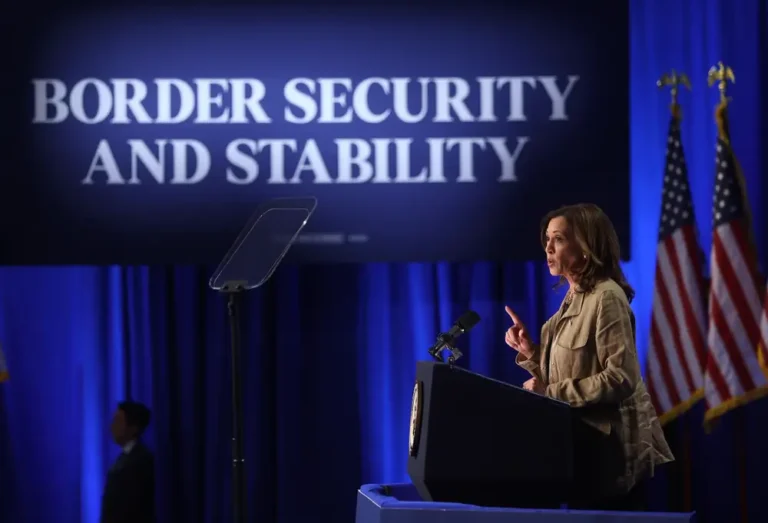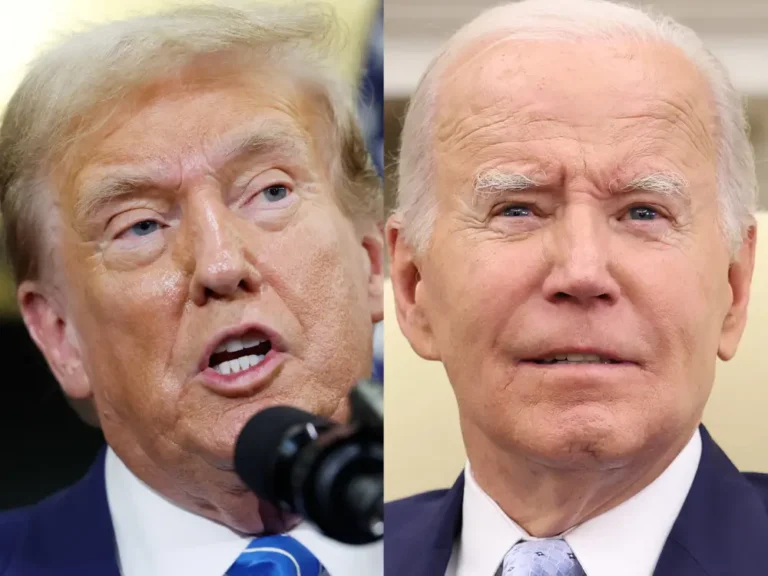Parenthood — and the choice to be childfree — is at stake this election. 3 Americans explain how it’s impacting their vote.

The candidate who wins the Oval Office will influence how Americans build a family.
It’s the first presidential election since Roe v. Wade was overturned, and abortion, fertility treatments, childcare expenses, and political rhetoric toward child-free adults have been major talking points on the campaign trail.
Former President Donald Trump has said he will allow states to restrict abortion as they see fit, while Vice President Kamala Harris wants to restore abortion protections on the federal level if she wins.
Ahead of Election Day, B-17 spoke with voters about how family and reproductive-healthcare access will influence their decisions.
B-17 found that people’s views on family don’t always fit neatly into a political party. Along the spectrum of support for abortion access, one common thread stood out: The cost of raising a family.
“It’s an issue that actually unites Americans,” Kristan Hawkins, the president of two student anti-abortion organizations, said. She does not support Harris’ plan to restore federal abortion access, but she does often hear from families who are struggling with high living costs and a limited social safety net.
A representative for Harris referred B-17 to the vice president’s policy record and comments on the campaign trail. A representative for Trump did not respond by the time of publication.
An anti-abortion Missouri mom who prioritizes family-centered economic policy says she’ll vote for Trump
Erica Choinka, 30, has two young children and lives in Jefferson City, Missouri.
She loves being a parent and said the rising cost of raising a family is one of her main economic concerns. She said her household expenses were cheaper when Trump was president.
Choinka considers herself “pro-life” and agrees with Trump’s promises to leave abortion laws to the states. She said her pro-life belief goes beyond abortion — it’s about making life more affordable for parents. That’s why she supports a child tax credit, affordable childcare, paid family leave, and access to fertility treatments like IVF.
While both Harris and Trump have a child tax credit in their presidential policy plans, this election comes after the pandemic-era child tax credit lapsed, partly due to Republican opposition. Both candidates have outlined plans to reintroduce a child tax credit, and Harris said she would also cap childcare costs.
In terms of abortion access, Trump has bragged about his role in overturning Roe v. Wade — a decision that led to abortion restrictions in 41 states.
Choinka said she agrees with where Missouri has landed: Abortion is banned in the state at all stages of pregnancy, with no exceptions for cases of rape or incest. The state will be voting this November on constitutional abortion protections.
“We have an opportunity to either continue with the status quo of the last four years or go back to Trump, his policies, and his strategy for approaching problems,” she said. “That’s the path that I want to take.”
A Texas voter whose reflections on her own abortion have her supporting Harris
Stephanie Gomez remembers taking a pregnancy test during her senior year in a Houston high-school bathroom. She watched as the pink lines formed a plus symbol. She immediately knew she didn’t want to be a parent, she said.
What followed for Gomez was a visit to a Planned Parenthood clinic and an abortion procedure. It was 2012 and elective abortions were still legal in Texas. The clinic offered Gomez some financial aid, and she and her twin sister came up with nearly $400 between their McDonald’s and Denny’s paychecks to cover the rest of the bill.
Texas now has one of the strictest abortion bans in the US. The procedure is banned after six weeks in all cases, except for medical emergencies, with no exceptions for rape or incest.
Gomez, who is now 30, lives in Austin with her long-term partner.
“Being like a childless woman who really lives life on her own terms, I think people don’t actually realize how rare that can be,” she said, adding that she has the financial freedom to support her parents and younger siblings. “This idea that I don’t have a family because I haven’t decided to marry someone or be pregnant is insane to me.”
Her top voting issues include reproductive-healthcare access, the economy, the climate, and voting rights. She feels Harris’ policies most align with her priorities.
Gomez said she wished more Americans understood the “diverse” reasons a person may choose to end their pregnancy. She remembers her friends and family saying her abortion was justified because she was young and had college on the horizon.
“When we try to justify the reason, there’s this narrative that there is a ‘good’ abortion or a ‘bad’ abortion,” she said. “It’s a medical procedure.”
A first-time voter in Indiana who is anti-abortion and plans to vote for a third party
Avie Sark is going to be casting her first ballot. The 18-year-old college student in central Indiana works for a couple of advocacy groups that share her political views — including serving as president of her local Democrats for Life of America chapter, which supports anti-abortion Democratic candidates and policy in local elections.
Sark said she identifies as a “progressive” and “leftist” on most economic and social issues. Where she differs from many in her party is her anti-abortion stance, saying she “sees fetuses as people.”
She hopes that in the future, a president can restrict abortion, along with lowering childcare and healthcare costs. She hopes to foster or adopt children someday.
In her first time voting for president, Sark said she plans to vote for a third party, most likely for the Green Party candidate, Jill Stein. Third-party voters like Sark could have an outsize impact in a race with razor-thin margins.
Overall, abortion policy is Sark’s top consideration in the election, and she said neither major party candidate aligns with that priority: Harris won’t do enough to limit abortion access and Trump has been inconsistent with his abortion views, Sark said.
“I don’t think that there’s really anything that we can do about abortion in this election,” Sark said.






